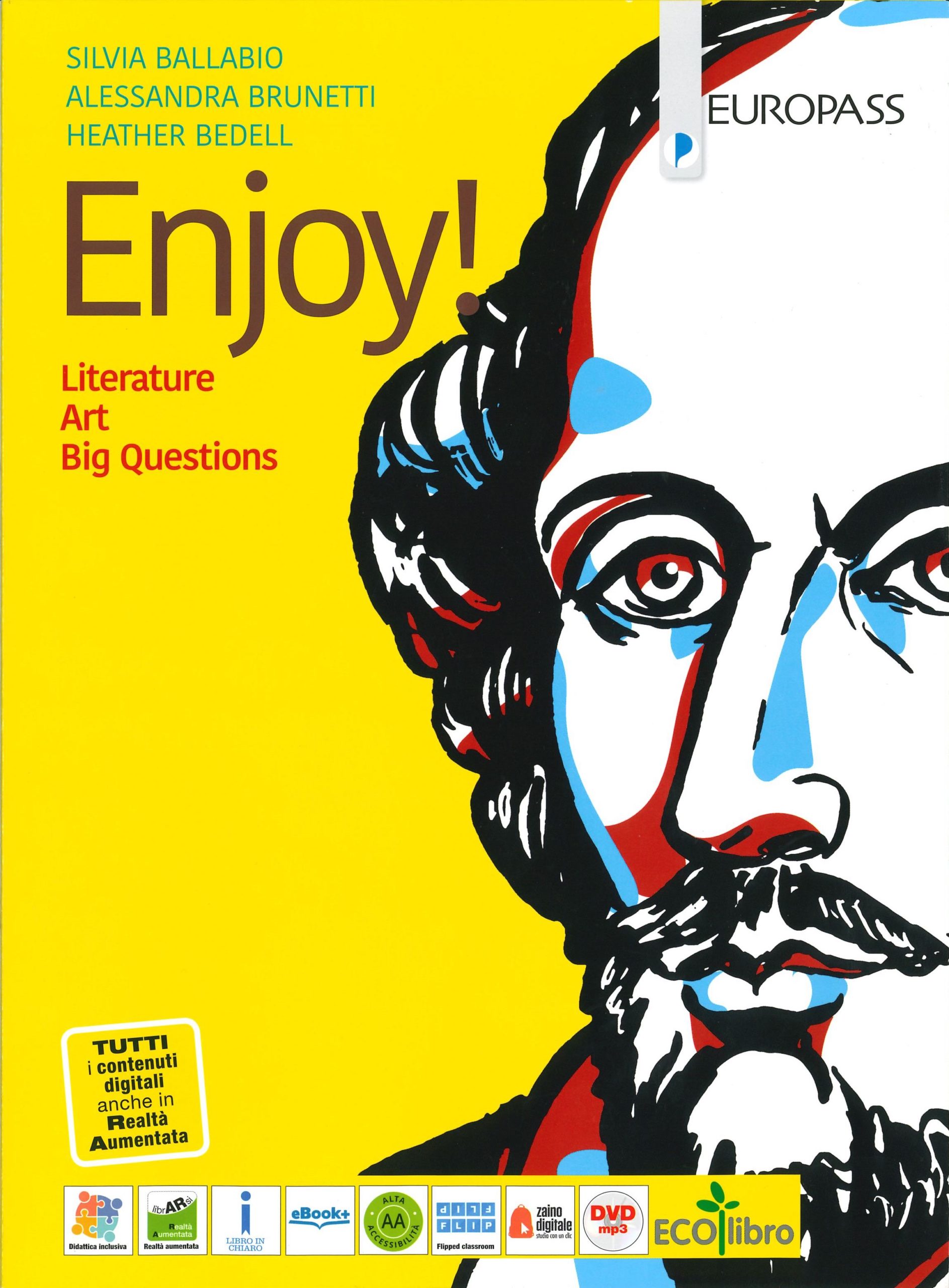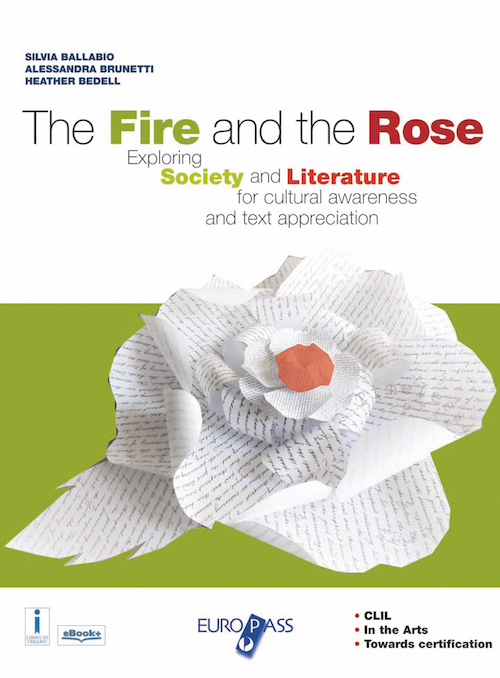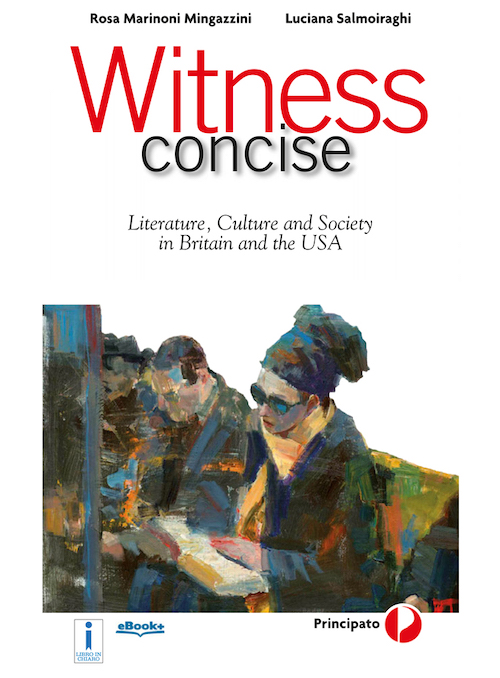Huxley vs Orwell: Competing Visions of the Future in “Brave New World” and “1984”
-
14 Settembre 2020
- Postato da: Redazione Europass
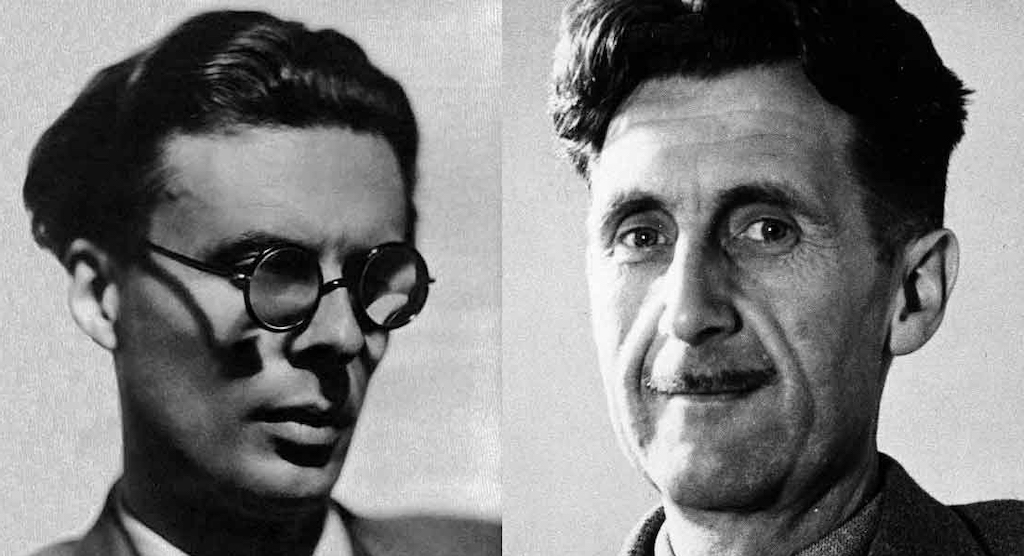
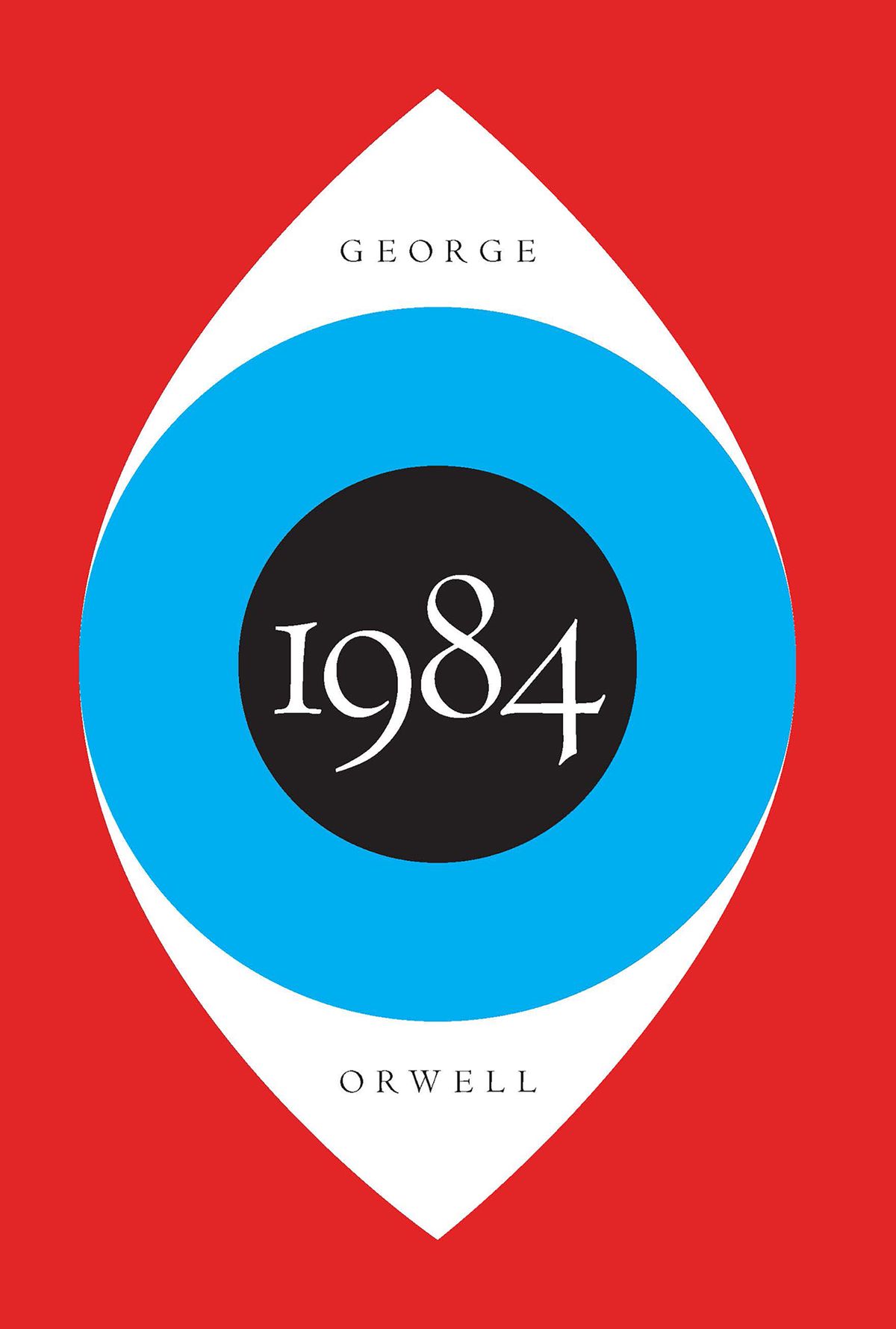

The first half of the 20th century saw two competing visions of the future from British authors Aldous Huxley (1894-1963) and George Orwell (1903-1950). Though it came 17 years later, Orwell’s dystopian novel 1984 is better known; however, Huxley’s Brave New World has proven more relevant.
Written in the shadow of Hitler, Mussolini and Stalin, 1984 (1948) shows a world ruled by an oligarchical dictatorship with perpetual war, pervasive government surveillance and incessant public mind control. Set in 2540 AD, Brave New World was published in 1932 and began as a parody of H.G. Wells’ optimistic and utopian novel Men Like Gods.
The American author Neil Postman contrasted the two visions in the foreword to his 1985 classic Amusing Ourselves to Death: Public Discourse in the Age of Show Business.
In this work, Postman argued that by expressing ideas through visual imagery, television reduces politics, news, history, and other serious topics to entertainment. He worried that culture would decline if the people became an audience and their public business a “vaudeville act.” Postman also argued that television is destroying the “serious and rational public conversation” that was sustained for centuries by the printing press.
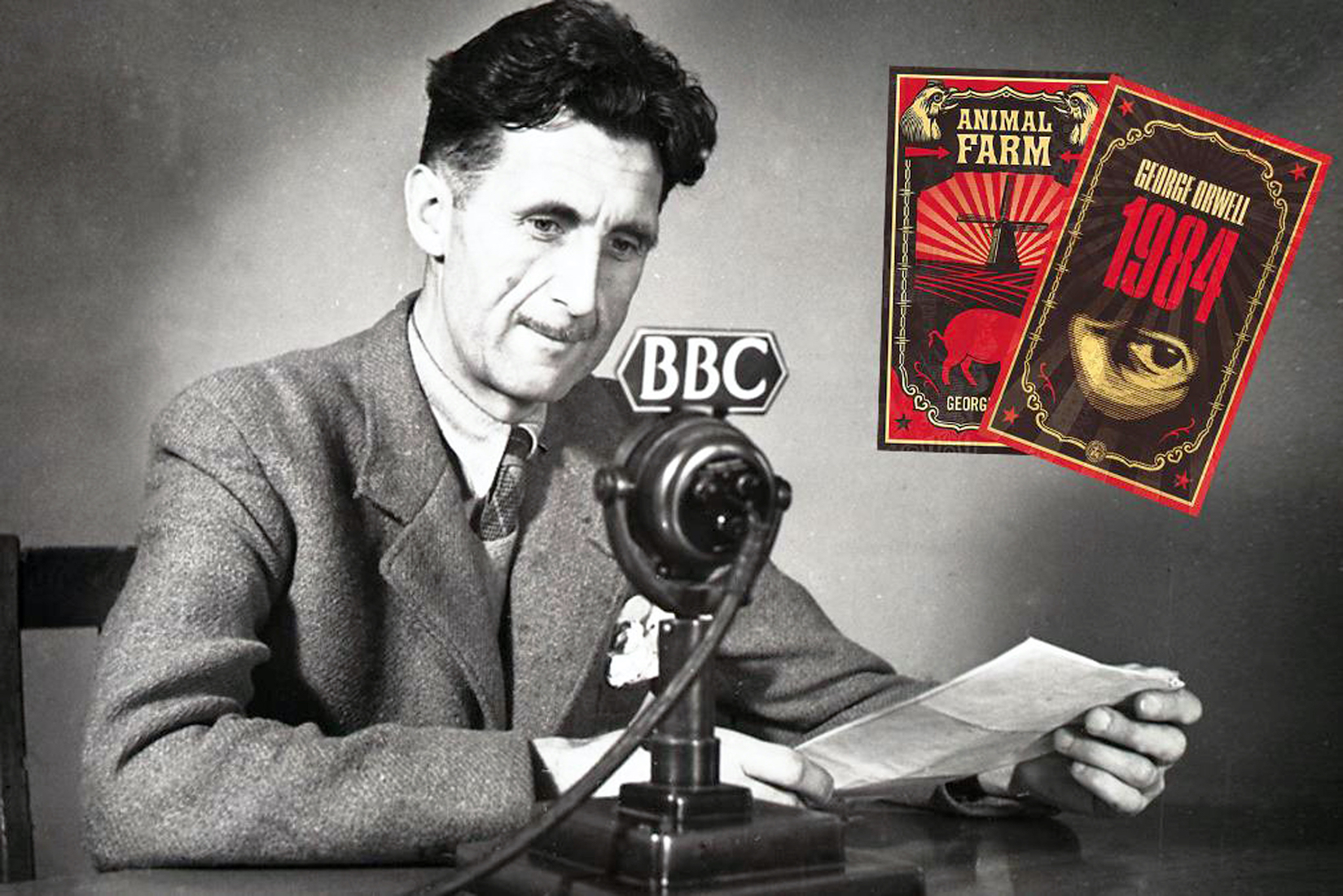
“We were keeping our eye on 1984. When the year came and [Orwell’s] prophecy didn’t, thoughtful Americans sang softly in praise of themselves. The roots of liberal democracy had held. Wherever else the terror had happened, we, at least, had not been visited by Orwellian nightmares. But we had forgotten that alongside Orwell’s dark vision, there was another – slightly older, slightly less well known, equally chilling: Aldous Huxley’s Brave New World.
“Contrary to common belief even among the educated, Huxley and Orwell did not prophesy the same thing. Orwell warns that we will be overcome by an externally imposed oppression. But in Huxley’s vision, no Big Brother is required to deprive people of their autonomy, maturity and history. As he saw it, people will come to love their oppression, to adore the technologies that undo their capacities to think.
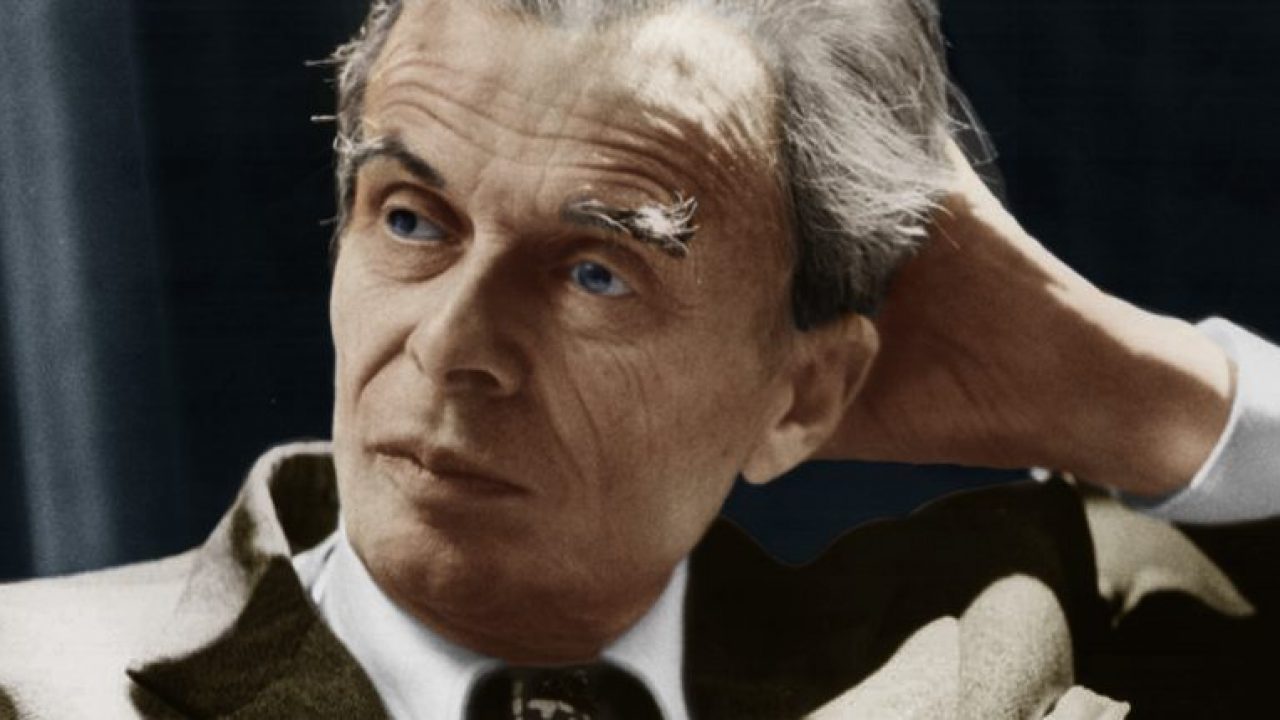
“What Orwell feared were those who would ban books. What Huxley feared was that there would be no reason to ban a book, for there would be no one who wanted to read one. Orwell feared those who would deprive us of information. Huxley feared those who would give us so much that we would be reduced to passivity and egoism. Orwell feared that the truth would be concealed from us. Huxley feared the truth would be drowned in a sea of irrelevance. “Orwell feared we would become a captive culture. Huxley feared we would become a trivial culture, preoccupied with some equivalent of the feelies, the orgy porgy, and the centrifugal bumblepuppy. As Huxley remarked in Brave New World Revisited, the civil libertarians and rationalists who are ever on the alert to oppose tyranny ‘failed to take into account man’s almost infinite appetite for distractions.’ In 1984, Huxley added, people are controlled by inflicting pain. In Brave New World, they are controlled by inflicting pleasure. In short, Orwell feared that what we hate will ruin us. Huxley feared that what we love will ruin us.
“This book is about the possibility that Huxley, not Orwell, was right.”
[This excerpt from Amusing Ourselves to Death: Public Discourse in the Age of Show Business (Penguin Books, 1985, pages XIX-XX) has been published by DelanceyPlace, “a brief daily email with an excerpt or quote we view as interesting or noteworthy”.]

Neil Postman (1931-2003) was an American author, educator, media theorist and cultural critic, who is best known for his books, including Amusing Ourselves to Death (1985), Conscientious Objections (1988), Technopoly: The Surrender of Culture to Technology (1992), The Disappearance of Childhood (1994) and The End of Education: Redefining the Value of School (1995).

